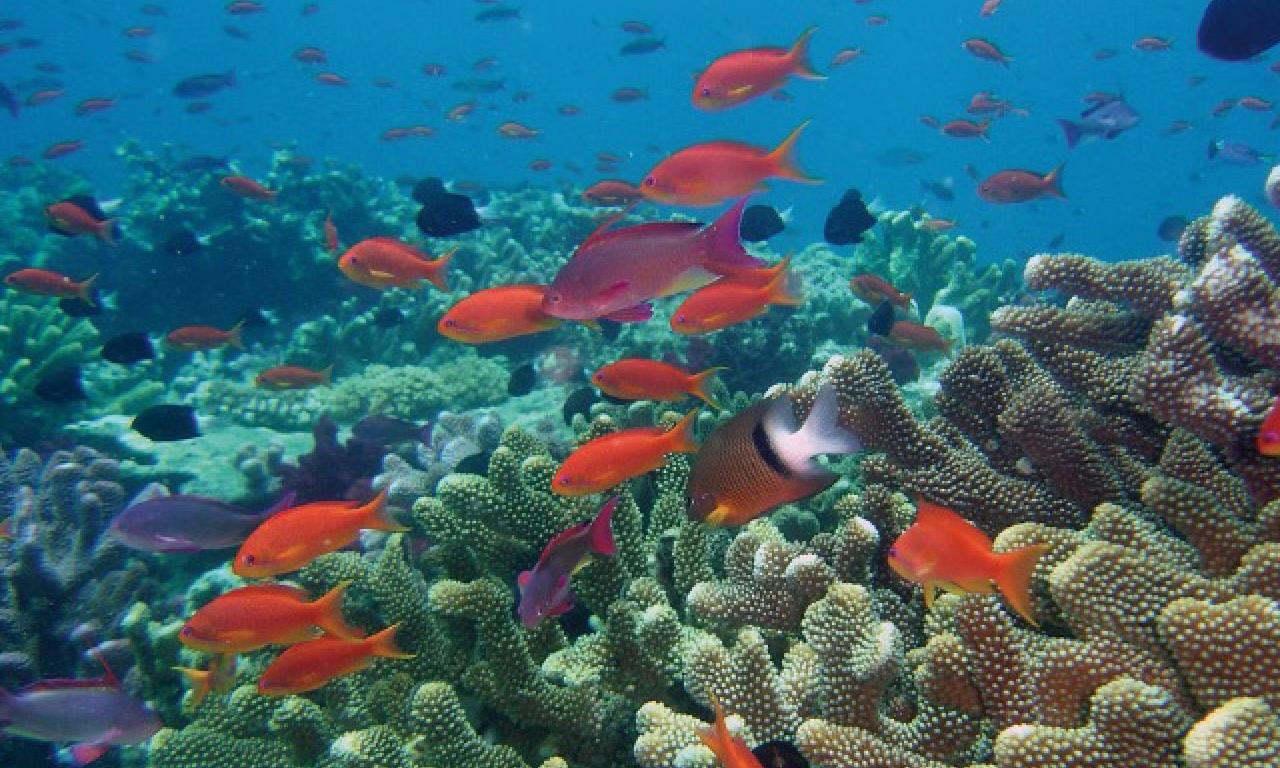
In January 2016, WorldFish welcomed Mr. Tony Long to its Board of Trustees. In this short question and answer session, we learn what Tony hopes to bring the role and what drives his passion for environmental conservation.
In January 2016, WorldFish welcomed Mr. Tony Long to its Board of Trustees. In this short question and answer session, we learn what Tony hopes to bring the role and what drives his passion for environmental conservation.
- What do you hope to bring to your role as a member of the WorldFish board?
I spent more than 25 years representing my former organization, the World Wide Fund for Nature (known as World Wildlife Fund in the United States and Canada), at the top levels of government in Europe, in international meetings and in the global media. I hope to draw on that experience to promote the objectives, values and achievements of WorldFish. This could be a kind of ‘ambassador’ role taking advantage of my physical location in Brussels, the so-called capital of Europe. I also hope to use some of my contacts in Europe to seek out funding and other opportunities to support WorldFish’s important work.
- You have a long history working in environmental conservation, including setting up the World Wide Fund for Nature’s (WWF) policy office in Brussels in 1989. What drives this passion?
Passion is a good word because that is what it is. It comes from wanting to give a voice to people and communities whose environmental rights are being transgressed. It comes from giving value and importance to nature, which is so often ignored in the way we go about our short-sighted economic decision making. It comes from trying to safeguard the rights of future generations whose development options are being closed down by decisions taken today. In my experience, there is very little difference to be drawn between environment, development and human rights agendas. They all require a passionate commitment.
- Globally, only 3.5% of the ocean is under protection, compared to 15% of land. Why has less attention been given to oceans?
Out of sight, out of mind is one factor. The oceans have generally been marginal in mainstream politics, except in cases where mineral interests, and sometimes shipping, are involved. It is fairly common that coastal areas are politically under-represented in national politics in countries all over the world; the urban elites tend to push maritime issues to one side. I think marine conservation has been one victim of that bias. The blind eye turned to illegal, unregulated, and unreported fishing, including instances of modern day slavery on fishing vessels, is perhaps another symptom of the out of sight, out of mind mentality.
- The success of marine conservation activities often depends on balancing competing priorities; e.g. supporting livelihoods of fishers vs. protecting coral reefs for tourism. How can development organizations balance these interests?
When the reef is dead, killed off by coral bleaching, and no longer able to support healthy, regenerating fish stocks, who is the winner? The fish? The fisher? The tourist? The coastal community? None of them of course. We are all the losers. These are false trade-offs. The well-understood truth among local peoples and indigenous communities, built up over millennia, is that sustainable livelihoods and healthy ecosystems go hand in hand. Pitting conservation against development as being inevitably in conflict is a myth that simply perpetuates divide and rule. All development must be in harmony with nature.
- Why is it important for local communities in developing countries to protect and manage their own fishery and marine resources?
Not just in developing countries I would say. Everywhere. All the successful examples of where fish stocks are well managed and showing healthy signs of recovery are where local communities have some control over their own resources. Conversely, where there is no say and no control, the age old problem of the “Tragedy of the Commons” kicks in – everybody’s self interest in catching the last fish overrides the collective interest in making sure there are enough fish for everyone.
- The UN’s Sustainable Development Goals were released in 2015, setting out 17 aspirational goals to transform the world by 2030. Which goals can WorldFish most contribute to?
I am a strong advocate of the sustainable development goals. I particularly like that they are universal, applying to all countries in the world. We must learn to discard those paternalistic notions that development is something done by the rich north to the poor south. Sustainable development is everyone’s business.
Some organizations, and WorldFish is one of them, have a tremendous opportunity to make breakthrough progress in several of the goals, while all the time recognizing that they are indivisible. Ending poverty in all forms everywhere is one of them (goal 1). Ending hunger, achieving food security and improved nutrition is another (goal 2). Achieving gender equality and empowering all women and girls (goal 5) is another. In parallel, WorldFish is helping to conserve and sustainably use the oceans, seas and marine resources (goal 14), promoting peaceful and inclusive societies (goal 16) and strengthening the means of implementation, particularly through capacity-building and partnerships (goal 17). There is much work to be done!